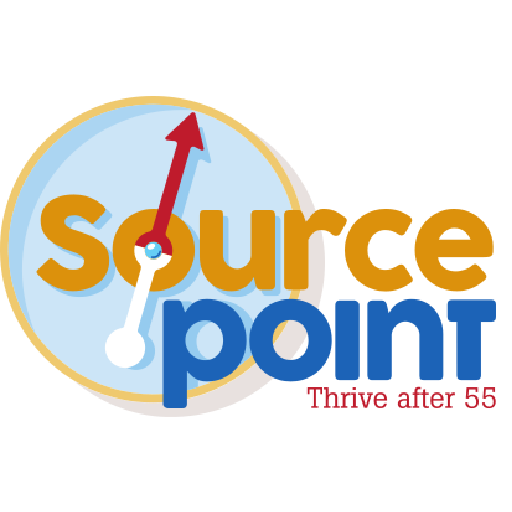BY JARREN RINGLE
In 2023, over 10 billion dollars were reported as lost due to fraud. That’s a 14% increase over reported losses in 2022. So far 2024 looks like the upward trend will continue.
We read about the newest scam or we may actually have a firsthand experience with it. AARP actively covers the fraud and scam news on social media and in print. SourcePoint has sessions on how to avoid scams. It would be hard to not be aware of the issues. Yet people are still victims of fraud and scams.
So let’s start by looking at the difference between fraud and a scam. A scam occurs when you authorize the transaction. Fraud is an activity you did not authorize and many times is a surprise. Fraud is a criminal activity and is more likely to result in restitution. A scam may not be treated as criminal activity… it just depends.
Examples of a scam are:
- You click a link that pops up on your screen thinking someone will help you “fix” an issue you didn’t know you had. They want you to install something so they can help you. Then a few days later your bank account is emptied.
- You engage in a conversation with a stranger on social media. They seem nice and over weeks or months, you feel a relationship has developed. Then they start talking about needing help with travel expenses or to buy a gift for their child. Eventually, you send gift cards or agree to cash checks for them.
- You get an email from your bank (or so you think) saying they think there has been questionable activity with your account. The email contains a link where you are asked to enter your account information so they can “protect” you. Well instead of protection you lose your savings.
Once again, fraud does not require your action and many times it is a surprise. You didn’t give the fraudster your account credentials or you didn’t let them install something on your phone or computer. They may use your social media account, your social security number, or your login password. These things are available for purchase on the “dark web”.
Examples of fraud are:
- You received a bill for an item you did not buy and have no knowledge of.
- You have a debt collection call for an account you didn’t open.
- You get a W2 for unemployment benefits you didn’t receive or apply for.
- There’s information on your credit report for accounts you did not open.
- You have a denial of a loan application.
- The USPS mail stops or is missing from your mailbox (do you use the USPS Informed Delivery service?)
So what’s a person to do? Here’s a brief list of things to do or not:
- Ignore phone calls from numbers you don’t know… use voicemail
- Don’t trust caller ID… it can be faked
- Never make quick decisions that involve money… don’t be scared into acting
- Listen for telltale words or grammar errors… AI is making this more difficult
- Be suspicious of social media, email, newsletters, etc.
- Check credentials before acting
- Never buy gift cards to pay for services
- Don’t click links in emails
- Microsoft, Apple, Google, Facebook, Social Security, IRS, NSA, FBI, CIA, etc. will not call or text you unless you START the interaction
- Never send cash through the mail
It can happen to anyone… don’t be ashamed… report it and get help!

Jarren Ringle is a member of SourcePoint and a volunteer instructor. SourcePointers come to Jarren for tutelage on their tablets, laptops, and the most popular of all devices – cell phones. He teaches various technology classes throughout the year including one-on-one sessions and group classes. Jarren also volunteers at the Delaware County Office of Homeland Security and Emergency Management. With many years of project management experience in various technology fields, he enjoys helping others with technology.

